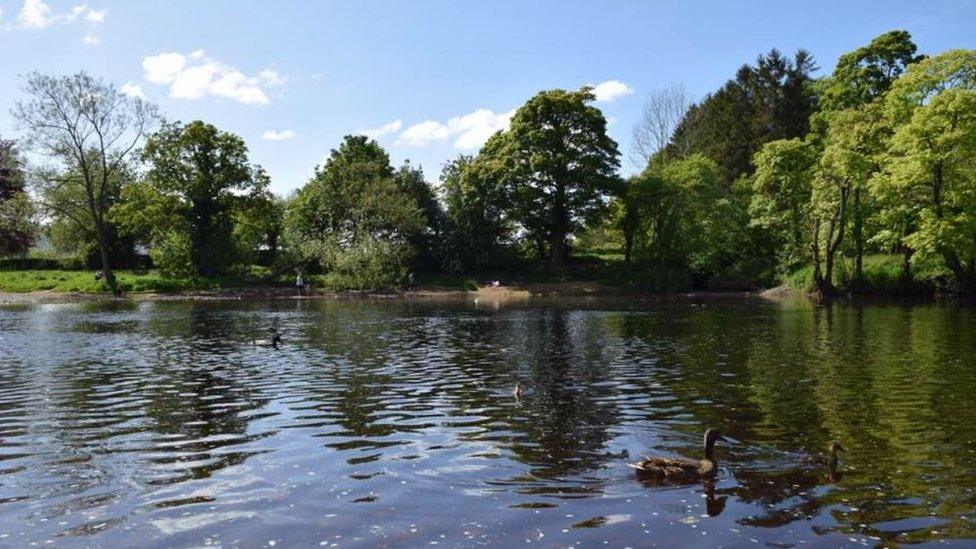Yorkshire river pollution levels to be examined in £1.2m study
- Published
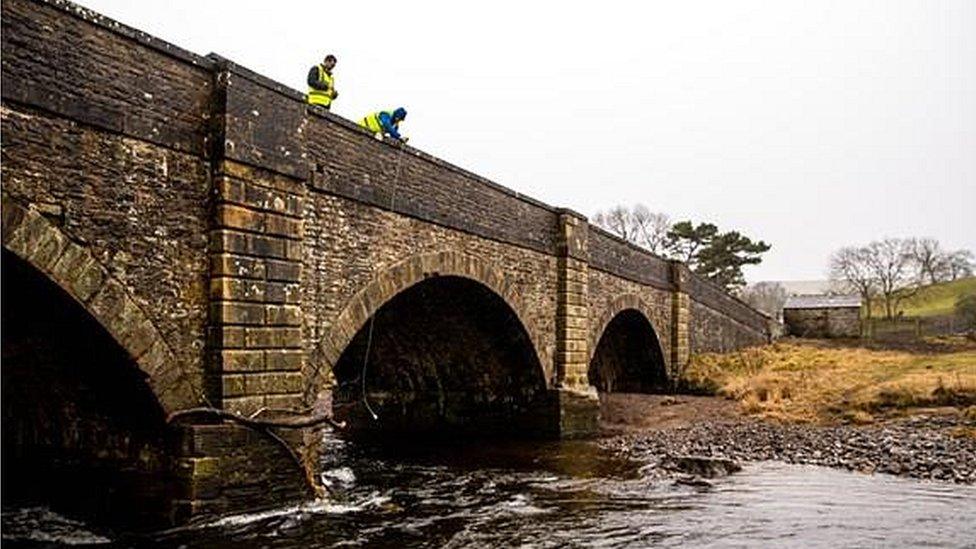
The study would help policy makers change the way chemicals are risk assessed, researchers said
A £1.2m study on the impact of chemical pollution in Yorkshire's rivers is to be undertaken by scientists.
The research aims to identify the most dangerous chemicals being emitted into the county's waterways and the role that has on nature loss.
Chemical pollution in the rivers Aire, Calder, Derwent, Don, Nidd, Ouse, Swale, Ure and Wharfe will be analysed.
Professor Alistair Boxall said the study would "bring us closer to halting biodiversity loss in UK rivers".
He said data suggested chemical pollution from "wastewater discharges, transport, urban environments, agriculture and mining" all contributed to failures against existing quality standards.
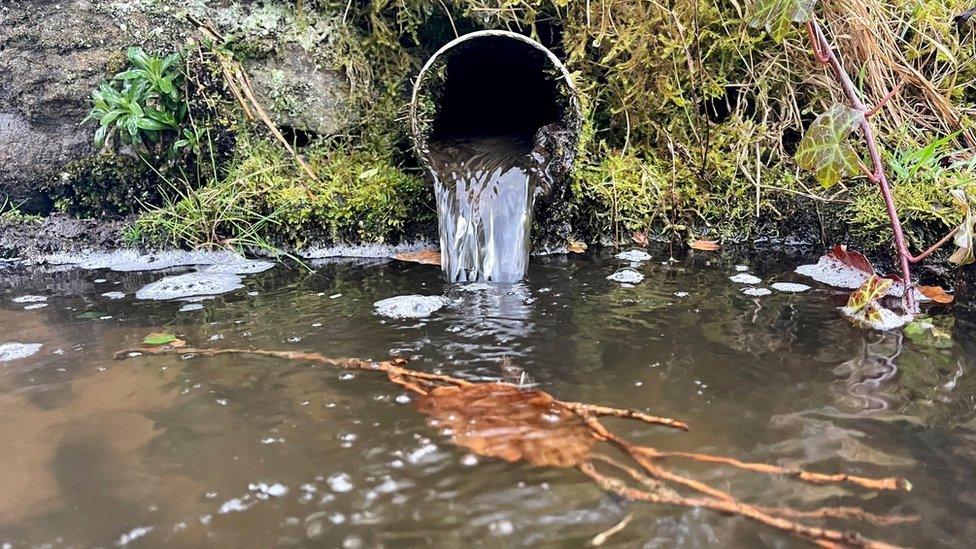
There were 48 serious serious river pollution incidents reported in Yorkshire from 2020 to 2021 EA figures showed
Professor Boxall, who is leading the study, said it would respond to the need for more effective methods for "assessing, predicting and managing the impacts of chemicals now and in decades to come".
He said identifying the most harmful chemicals would put chemical manufacturers in a better position to produce substances which would benefit society and not negatively impact the natural environment.

How rivers are polluted
A spokesperson for the University of York said chemicals were discharged into rivers and streams on a daily basis through "domestic and industrial wastewater, personal care products and pharmaceuticals, as well as from the application of pesticides".
They said the research team aimed to use their findings to identify ways to "better monitor and mitigate the impact of chemicals on water quality and nature loss, both now and into the future".
The project, funded by the Natural Environment Research Council, is one of five new research projects awarded a share of £8.4m to investigate how pollution impacts UK rivers.
Officials said the researchers from York, Sheffield and Durham, would work with representatives from the Joint Nature Conservation Committee and the Health and Safety Executive.
They said industrial partners including Unilever and Network Rail and the charities the National Trust and the Rivers Trust would also take part in the study.

Follow BBC Yorkshire on Facebook, external, Twitter, external and Instagram, external. Send your story ideas to yorkslincs.news@bbc.co.uk, external.
- Published13 July 2021

- Published13 July 2021
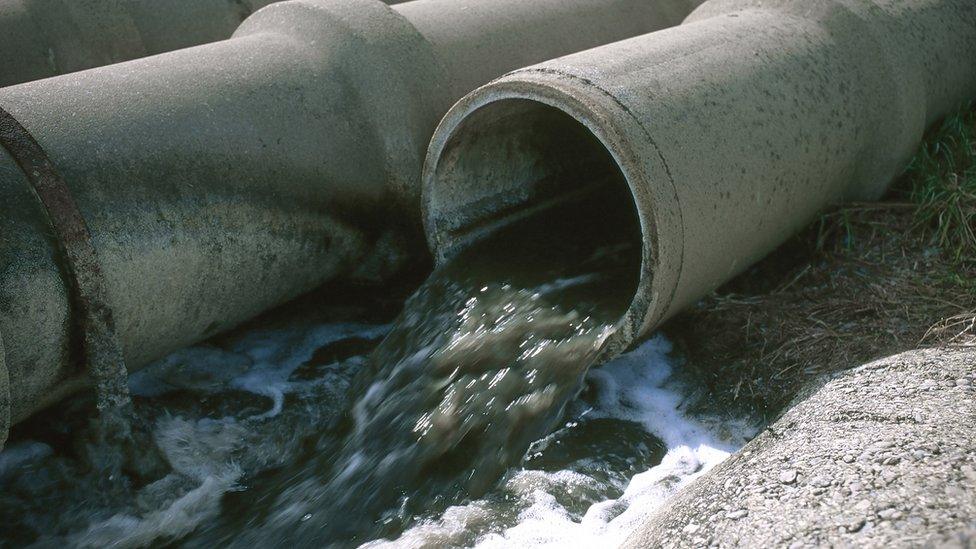
- Published18 July 2022
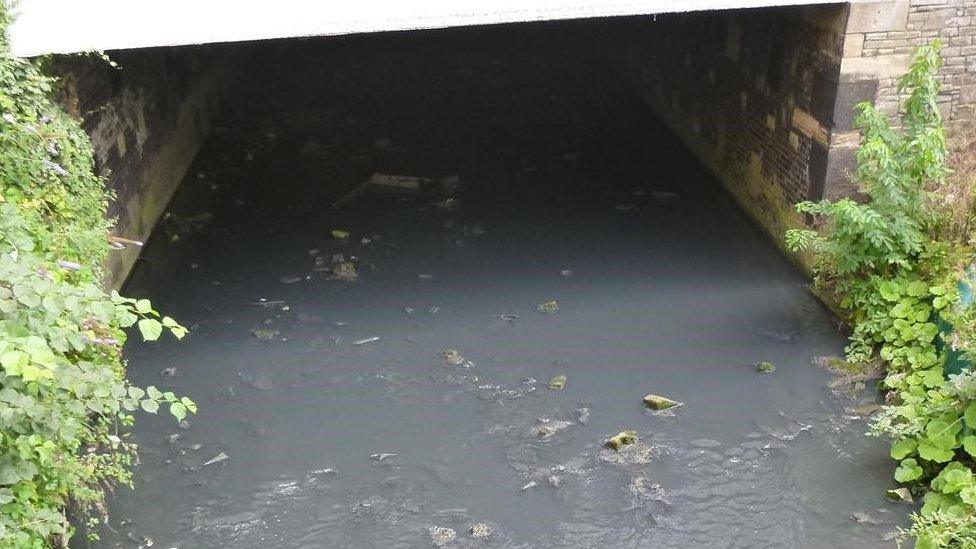
- Published8 June 2022
